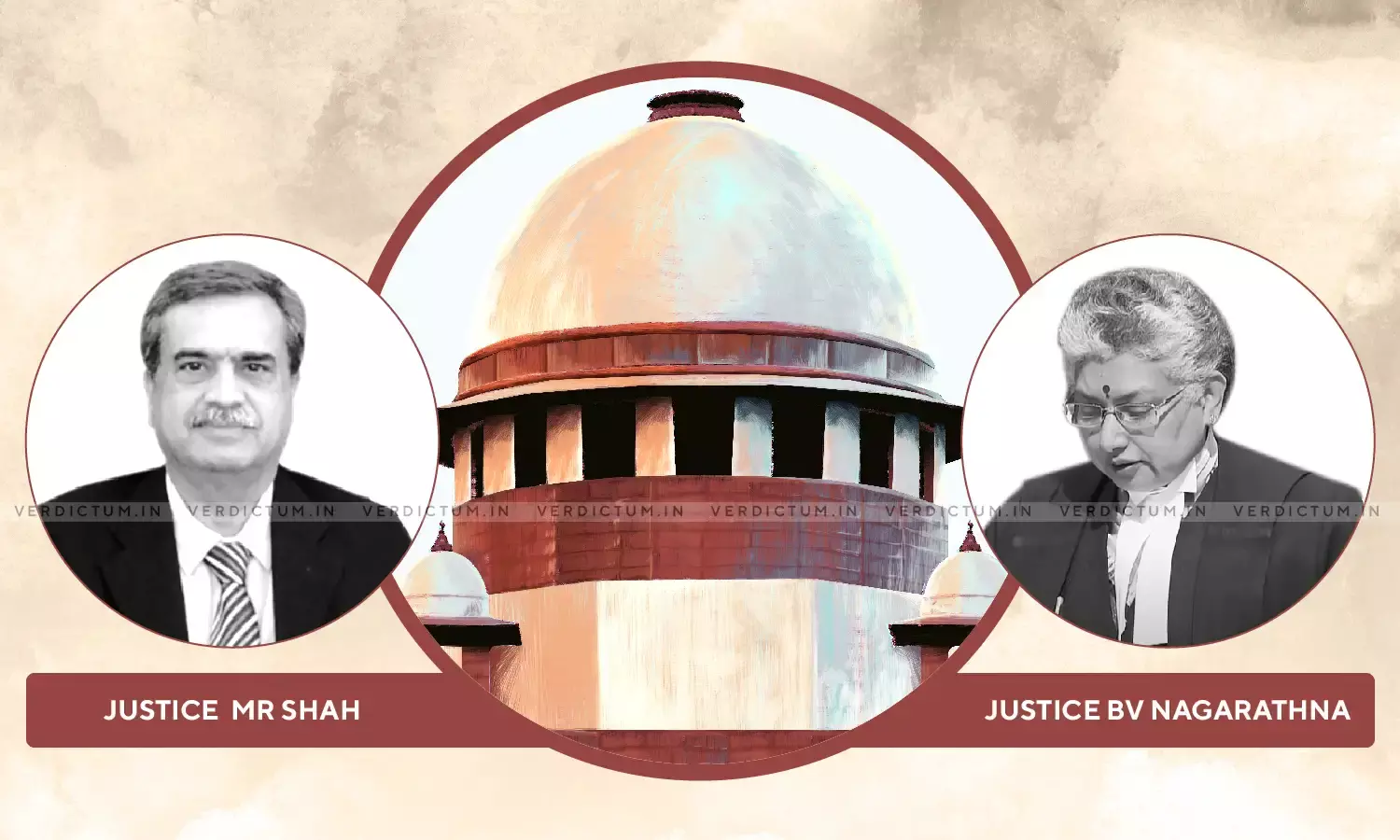SC Directs Regularization Of Employees Of JNV University, Restricts Benefits To 3 Years Prior To Filing Of WPs
A two-judge Bench of Justice M.R. Shah and Justice B.V. Nagarathna while modifying the judgment of the Rajasthan High Court has held that the contract-based employees of Jai Narayan Vyas University, Jodhpur are entitled to regularisation of their service, however in order to avoid heavy financial burden on the University, their consequential benefits on regularization shall be restricted to three years prior to the filing of Writ Petitions by them.
In this case, original writ petitioners were appointed on different posts at Jai Narayan Vyas University, Jodhpur on different dates through the placement agency. Since all of them had already put in almost 15-30 years of service, they requested regularizing their services in the University but their services were not regularized. Services of six of the employees were regularised and others also claimed the same.
Separate writ petitions were filed for regularisation before the High Court which was allowed by the High Court and later the Division Bench reversed all those orders even the special leave petitions filed by the University before the Apex Court were also dismissed.
Aggrieved, the Appellants approached the Supreme Court.
Dr. Manish Singhvi Senior Advocate appeared for the appellant University and Dr. Vineet Kothari and Ms. Chitrangda Rastravara Counsels appeared on behalf of the respective respondents.
Noting that there is no heavy financial burden upon the University and to strike a balance and considering that the petitioners have worked for more than 15 to 30 years, Supreme Court modified the impugned judgment and held that if the actual consequential benefits of regularization of their services are restricted to three years prior to the filing of the writ petitions, while they are granted the benefit of regularization notionally and with continuity of the service from the date on which the other similarly situated employees were regularized, it will meet the ends of justice.
Accordingly, the Court partly allowed the appeal and modified the impugned judgment of the High Court.




